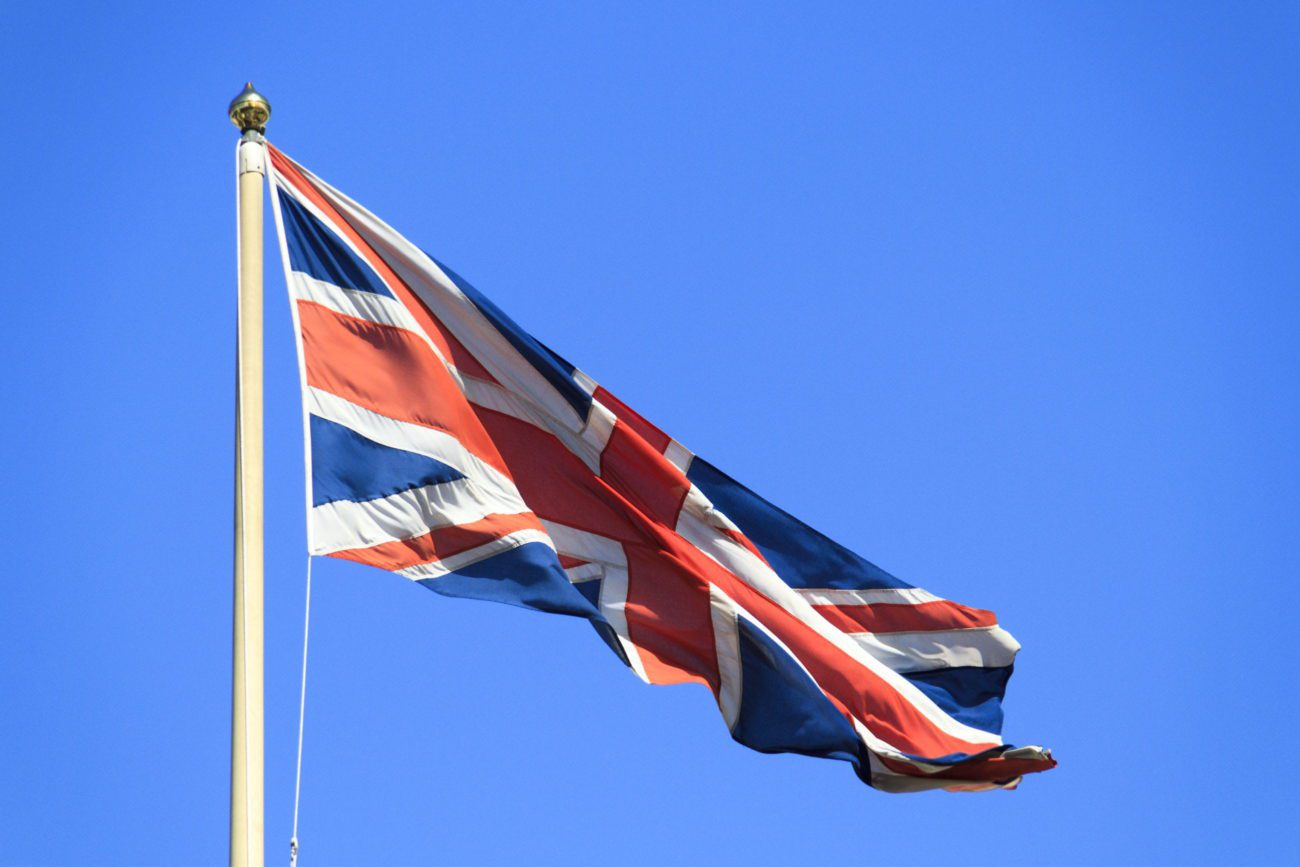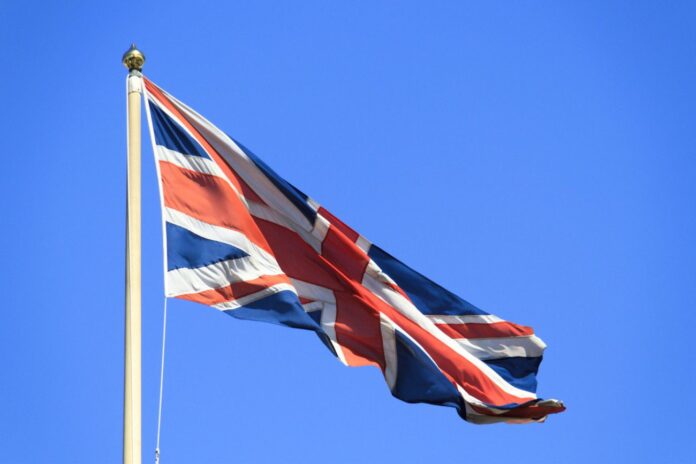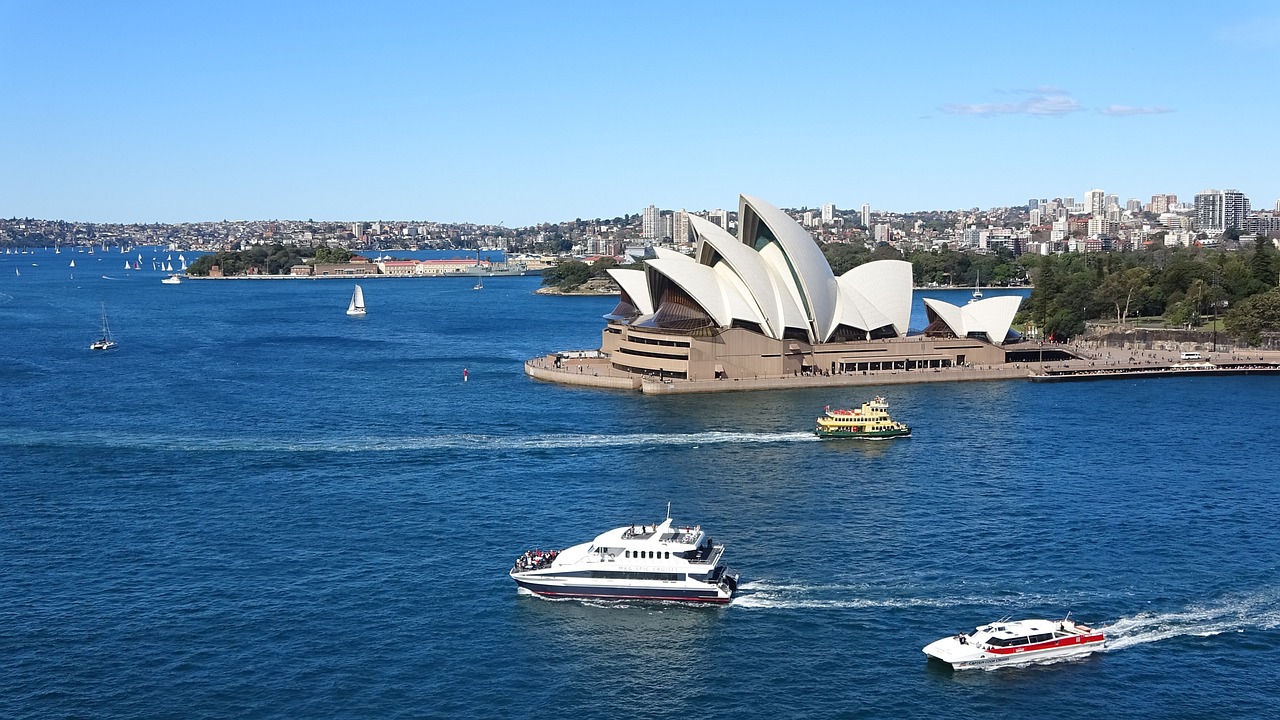The IBIA study, The Availability of Sports Betting Products: An Economic and Integrity Analysis, was prepared by H2 Gambling Capital and developed in partnership with bodies in Brazil, Canada, Australia and the Netherlands. It used data from 12 markets where sports betting is regulated.
The research analysed the effects that restrictive and liberal sports betting regulatory markets have on aspects such as consumer protection, regulatory oversight, sports integrity and tax take in both restrictive and liberal sports betting regulatory markets.
The report found a strong correlation between the availability of sports betting products and the proportion of consumers wagering with onshore regulated operators. As a result of that high channelisation towards the legal market, fewer bettors are driven to unlicensed sports betting markets.
Rather than preventing consumers from betting, Khalid Ali, chief executive of IBIA, said the study confirmed that bet restrictions simply drove people to the unregulated market .
“The conclusions are clear. If you want to protect consumers and sports from corrupters, while maximising tax revenues, then allowing a wide range of sports betting products is essential.”
H2 director David Henwood added: “There is much conjecture that one of the main reasons customers use offshore betting sites is because they offer a broader range of product than available onshore. The study findings reinforce that point of view.”
Great Britain leading the way for channelisation

The global sports betting market is forecast to be worth $94bn (£73.5bn/€86bn) in gross win this year, rising to $132bn by 2028, $93bn of which will come from online.
The IBIA research found a strong correlation between markets with looser restrictions and increased channelisation. Great Britain, which permits a wide range of betting products, has a channelling rate (the proportion of gambling stakes placed with licensed operators) of 97%. Italy, which has minimal restrictions on pre-match and in-play betting, was second with a channelisation rate of 93%. By contrast, in markets such as Australia and Germany, where access to sports betting markets is more tightly controlled, the rates were 75% and 60%, respectively.
Tighter restrictions lead to less onshore channelisation

Countries with tighter restrictions on sports betting markets see their channelisation rates fall way behind the likes of Great Britain and Italy.
A particularly interesting market is Ontario, which broke away from Canada’s monopoly model and introduced an online sports betting licencing system in April 2022. While it had an onshore channelisation rate of 69% in 2022, it’s expected to reach 92% by 2024. This is in stark contrast to the rest of Canada, which is forecast to lose $2bn in taxable sports betting gross gaming revenue between 2024 and 2028.
Missing out on tax
Countries with low channelisation rates are failing to maximise the tax revenues gained from driving players towards the licensed market.
The study forecast that full legalisation of in-play online betting in Australia would bring in an extra $1bn in tax revenues over the next five years. Germany would see an extra $400m in tax revenues.
Additionally, the Netherlands would also experience an increase of $118m in tax revenues were it to liberalise access to side markets in football, such as the number of corners or cards.
The study provides useful learnings for policymakers in jurisdictions looking to legalise sports betting.
Brazil, which legalised sports betting in December, is expected to have a liberal market offering a wide range of products. Should the opposite be true, though, around $18bn a year could be wagered with offshore operators, according to the study. That would mean $1bn in lost tax revenue between 2025 and 2028.
IBIA: Football the ‘key driver’ of channelisation

Brazil could benefit from increased channelisation due to the country’s particular affection for football. The sport is estimated to account for 85.2% of Brazil’s gross win in 2024.
Football, which accounts for 56% of the regulated betting market gross win globally, is expected to produce $53bn in GGR from approximately $570bn in turnover during 2024. Online will provide nearly two thirds of this (65%).
The IBIA study found channelisation to be lower in markets that restrict football betting products. Portugal and Germany, which offer only a fifth of the football betting markets available in Italy, fall way behind in terms of channelisation.
Tennis is also a strong performer, particularly in Europe, with the continent accounting for 60% of global tennis GGR. The ITF Tour has been banned in some jurisdictions due to perceived integrity concerns, though the IBIA states a blanket ban is “counterproductive” for channelisation.
The IBIA’s research revealed Portugal would gain an additional $122m in tax revenue were it to align its availability of International Tennis Federation (ITF) products with Spain and Italy.
Original article: https://igamingbusiness.com/sports-betting/ibia-report-displays-benefits-liberal-regulation-channelisation/















